|
Chapter 4: Erasmus and the Apocalypse
In chapter four, White begins his discussion of specific passages in the KJV. The first passage he presents comes from the conclusion of the Book of Revelation. His discussion of this passage is broken up over a span of twelve pages, so I’ll copy the relevant statements here before proceeding. Beginning on page 55, White writes,
3 Comments
This is the third installment in my series responding to James White's book The King James Only Controversy. In this article, I respond to several of White's claims regarding Codex Sinaiticus, one of the main Greek manuscripts used for the modern translations.
As I mentioned in Part 1 of this series, I am writing a detailed response to James White's book The King James Only Controversy. I am defending the position that "the KJV is a faithful translation of the preserved text of God's inspired and inerrant Word." This article picks up my response to White in the second half of Chapter 2 of White's book.
Over the past several years, I’ve seen a significant increase in the number of people that I know personally who have referenced James White’s book The King James Only Controversy in defense of their decision to abandon the use of the KJV in favor of various modern translations. White’s book is often presented by these individuals as a scholarly and irrefutable answer to the KJV Only position. I picked up a copy of White’s book several years back hoping to interact with a scholarly treatment of the topic, but I was sorely disappointed. I found White’s work to be childish and his arguments fallacious. I set the book aside with no plans to ever pick it up again, but with its current increase in popularity, I decided to read through it again and force myself to write a response.
It's easy to see that the Calvinist's view of Eph. 2:8-9 is wrong when you compare it to Rom. 3:24. The faith of the individual in Eph. 2:8 precedes the application of grace just as the redemption in Rom 3:24 precedes the application of grace in that passage.
This is part two of my review of the book The God Who Risks by John Sanders. (Part one can be read here.) Sanders is an Open Theist who claims that God does not have exhaustive knowledge of the future and that He learns things and changes over time. I believe that this idea contradicts Scripture which teaches that God knows everything that will happen in the future, that He does not learn new things because He already knows everything, and that He does not change.
About a week ago, I wrote a quick blog post sharing my thoughts as I watched a video on Open Theism. The creator of that video, Warren McGrew, decided to reply to my criticism by inviting Dr. Alan Rhoda to take part in a two-hour live critique of my blog post. I wasn't planning to write anything more on Open Theism (except Part 2 of my analysis of The God Who Risks which is being edited now), but I had some free time this afternoon, so I figured I would respond to this video too. Open Theists claim that God does not have exhaustive knowledge of the future and that He learns things and changes over time. This philosophy was developed primarily as a response to Calvinistic determinism, and most of the discussion on the topic have focused on the differences between Open Theism and Calvinism. I do not hold to either view, and I was content to let them bicker among themselves until I received several requests from friends asking me why I reject Open Theism. I decided to answer their requests by reading the best books I could find from Open Theist authors and writing point-by-point responses to the Open Theist claims.
A friend of mine requested that I watch and respond to the above video about open theism. Open theism is the belief that God does not know everything that will actually happen in the future. On this view, God knows every possible future, but He does not know which of those possibilities will eventually be a reality. This view is fraught with errors, but for this post, I am going to limit myself to offering my rough and unfiltered commentary in response to the claims made in the video.
In the study of logic, there is a fallacy called the no true Scotsman fallacy, and my study of the teachings of Calvinism have lead me to the conclusion that Calvinists fall prey to this same fallacy.
|
Bill Fortenberry is a Christian philosopher and historian in Birmingham, AL. Bill's work has been cited in several legal journals, and he has appeared as a guest on shows including The Dr. Gina Show, The Michael Hart Show, and Real Science Radio.
Contact Us if you would like to schedule Bill to speak to your church, group, or club. "Give instruction to a wise man, and he will be yet wiser: teach a just man, and he will increase in learning." (Proverbs 9:9)
Search
Topics
All
Archives
June 2024
|


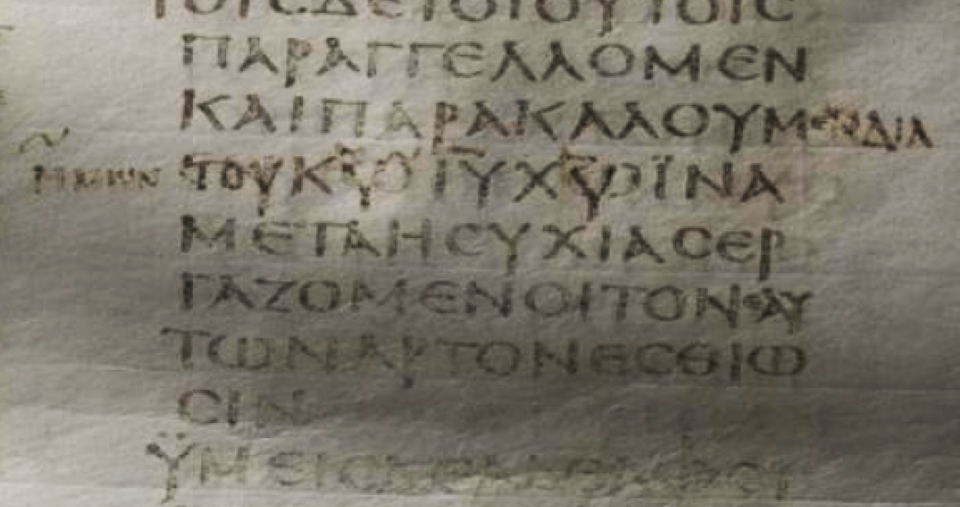

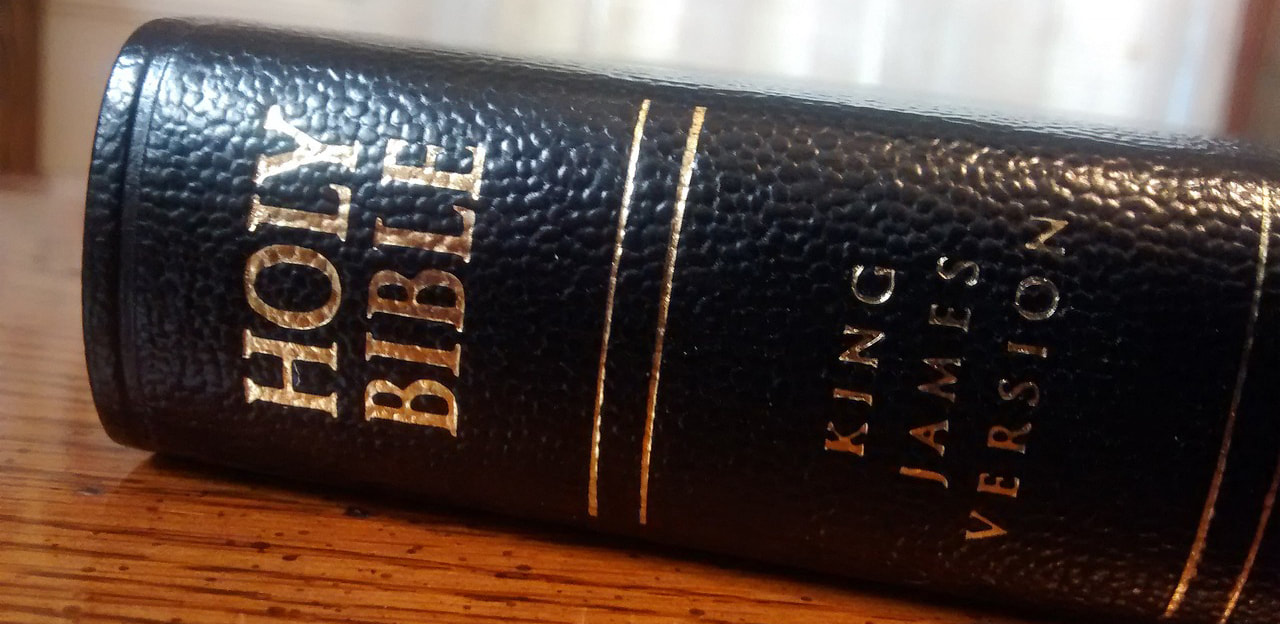
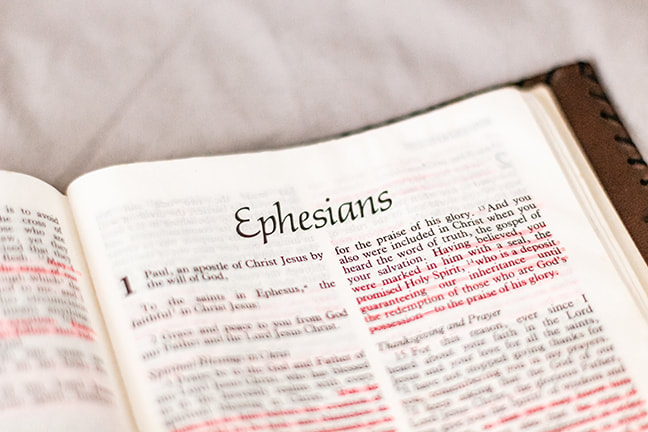
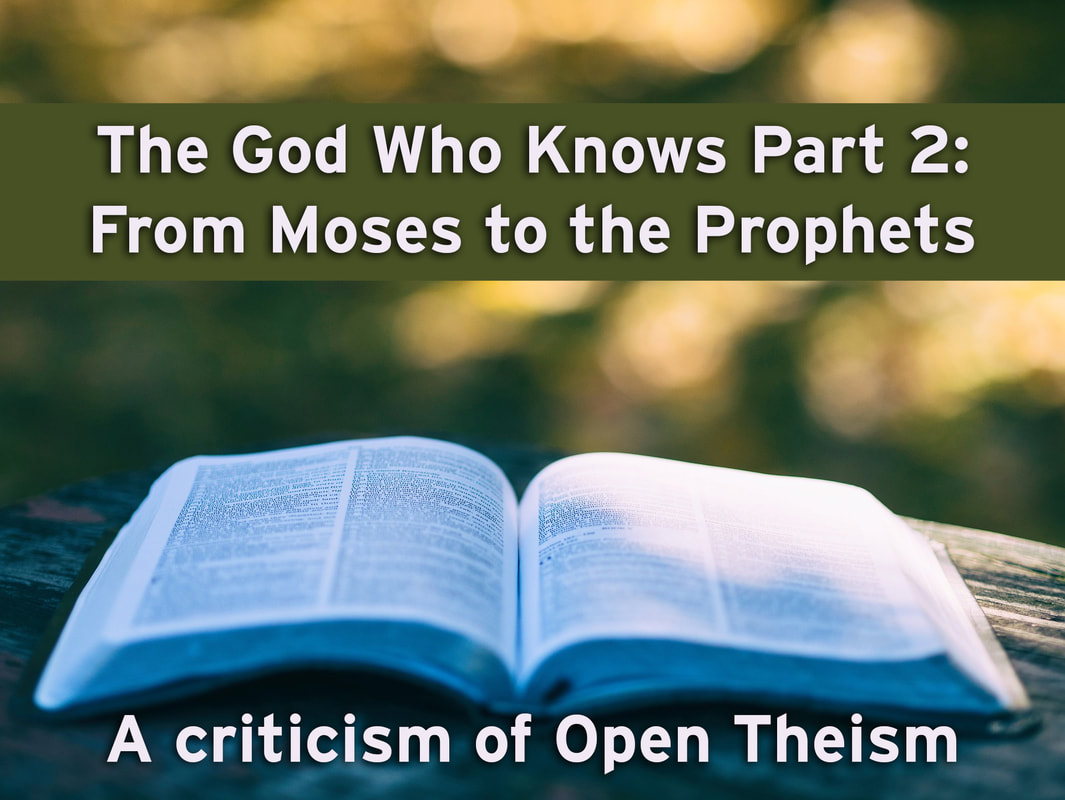
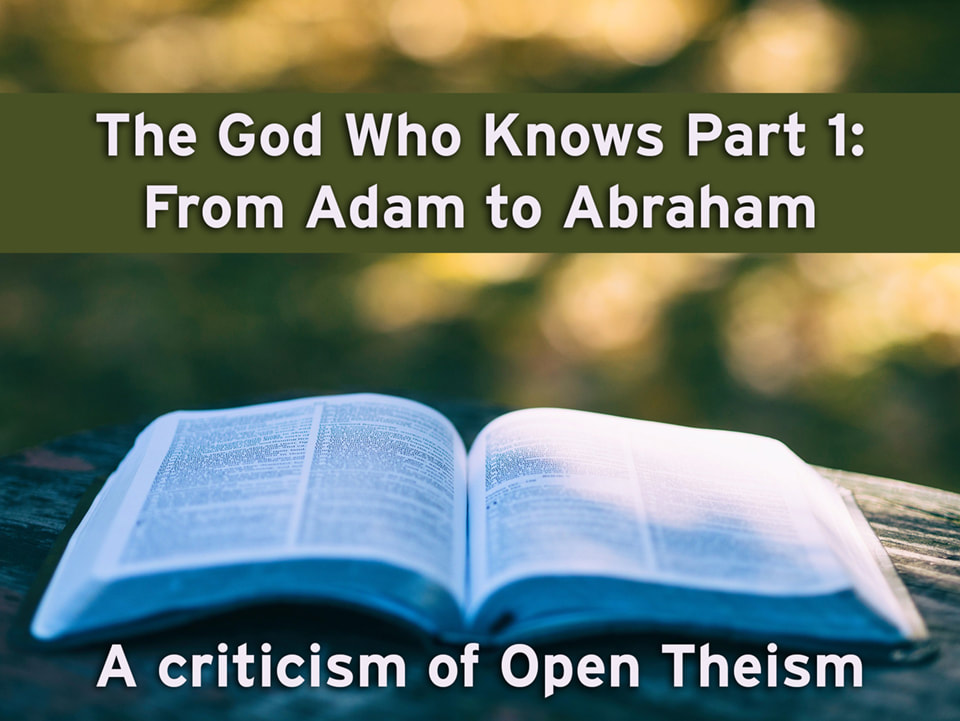
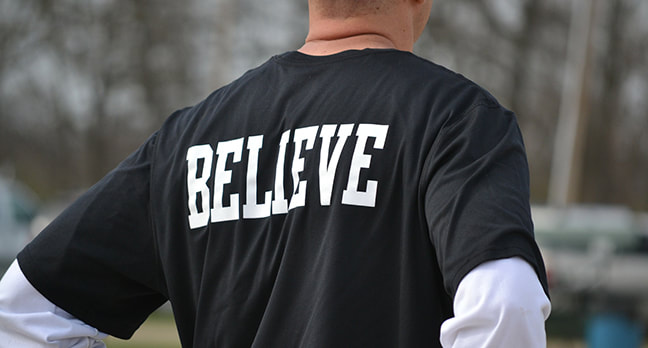

 RSS Feed
RSS Feed